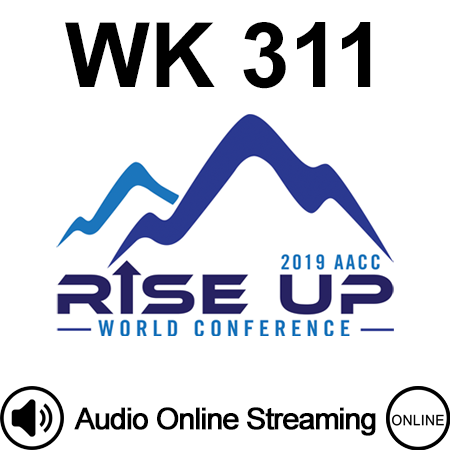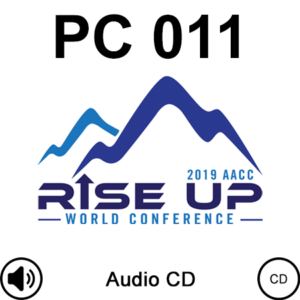Description
Clients might request Christian treatment for psychological disorders or may prefer to have
religion excluded. They might also have other preferences for adapting treatment???culture,
race, age, etc. We will begin by discussing research vetted by a multi-division task force on
responsiveness to patients that shows it helps to accommodate to patients?۪ perspectives and
personal attributes. We then discuss brief religious/spiritual assessments. We identify ways to
respond if the person asks for treatment from a religious perspective that you do not agree
with, and how your response can vary by counseling setting (i.e., employed or volunteering at a
church, or practicing as a state-licensed professional). We take one special case???requesting
Christian counseling to deal with unforgiveness???and show specific suggestions for in-therapy
and extra-therapy ways to promote forgiveness using evidence-based practices.
Presented by: Everett Worthington, Jr., Ph.D.
Learning Objectives
Participants will:
- Apply the latest meta-analytic research (2019) to matching treatments to clients’ preference
- Use religious/spiritual assessments to supplement interviews with patients to decide how to match treatments to clients
- Use secular or Christian REACH Forgiveness in session and as adjunctive treatment to promote forgiveness when patients request it





